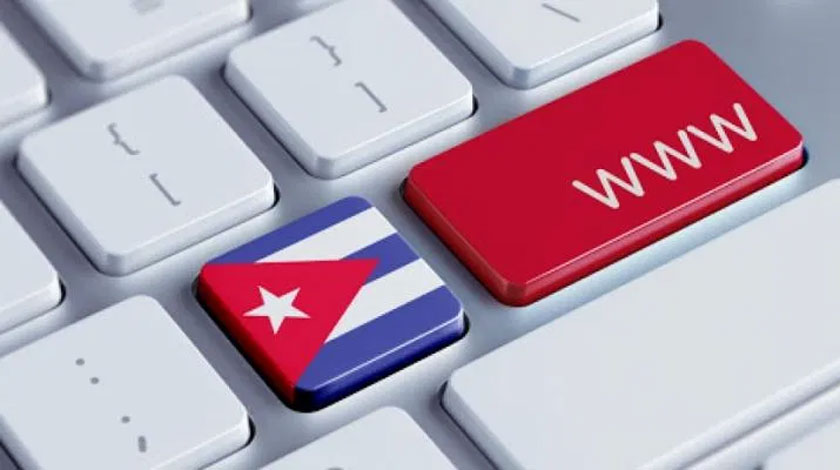
HAVANA, Cuba, Mar 11(ACN) Professors from the Faculty of Communication (FCOM) of the University of Havana are working to contribute from the academy to the improvement of e-government.
Yunier Rodríguez Cruz, a member of the Digital Government Observatory of the FCOM Studies Center, explained that this transformation involves many challenges and challenges and at the same time has great social impact, given the simplification of processes and procedures.
The professor said that in this sense the referred scientific and collaborative platform was created, with the purpose of articulating all the institutions linked to the subject to analyze the main advances in the country, and the references and good practices in the region and at international level.
Rodríguez Cruz commented that this option helps managers and public officials in charge of transforming organizations for the implementation of digital government, with a view to decision making and the improvement of policies and strategies; as well as for the purpose of consultation by researchers and citizens.
He added that they developed a web portal with informative sections based on the indicators identified from the legal and policies that affect this activity, because beyond a technological vision, greater transparency and accountability in the government-citizen relationship are needed, together with the communicative dynamics.
Likewise, the Observatory helps municipal and territorial governments in the creation of spaces on the Internet, which requires raising the digital culture with a view to the assimilation of the new approach.
The academic also highlighted the achievements in the use of the web.cu domain, which contributes to the identification of people with these structures and increases the presence of sites generated from the Cuban territory.
He considered that this evolution requires that citizens can obtain certain benefits through digital interaction, with channels that truly facilitate the request of procedures in time and encourage personalized attention.
Rodríguez Cruz said that research on Cuban digital government should be strengthened and developed with a focus on social and local development, and achieve a superior communicational synergy to publicize the multiple opportunities and services.
In addition, he stressed, citizens must know how to carry out procedures and manage benefits through the web, which is why it is essential to train these users and those who receive and attend to the requests and concerns of the population through this medium.
E-government in Cuba has completed its first stage, which involves the online publication of instructive information or information of interest to users, both citizens and other institutions.
As a result, more than 200 sites of this type are present in the network of networks and have citizen service platforms.










Nos reservamos el derecho de no publicar los comentario que incumplan con las normas de este sitio